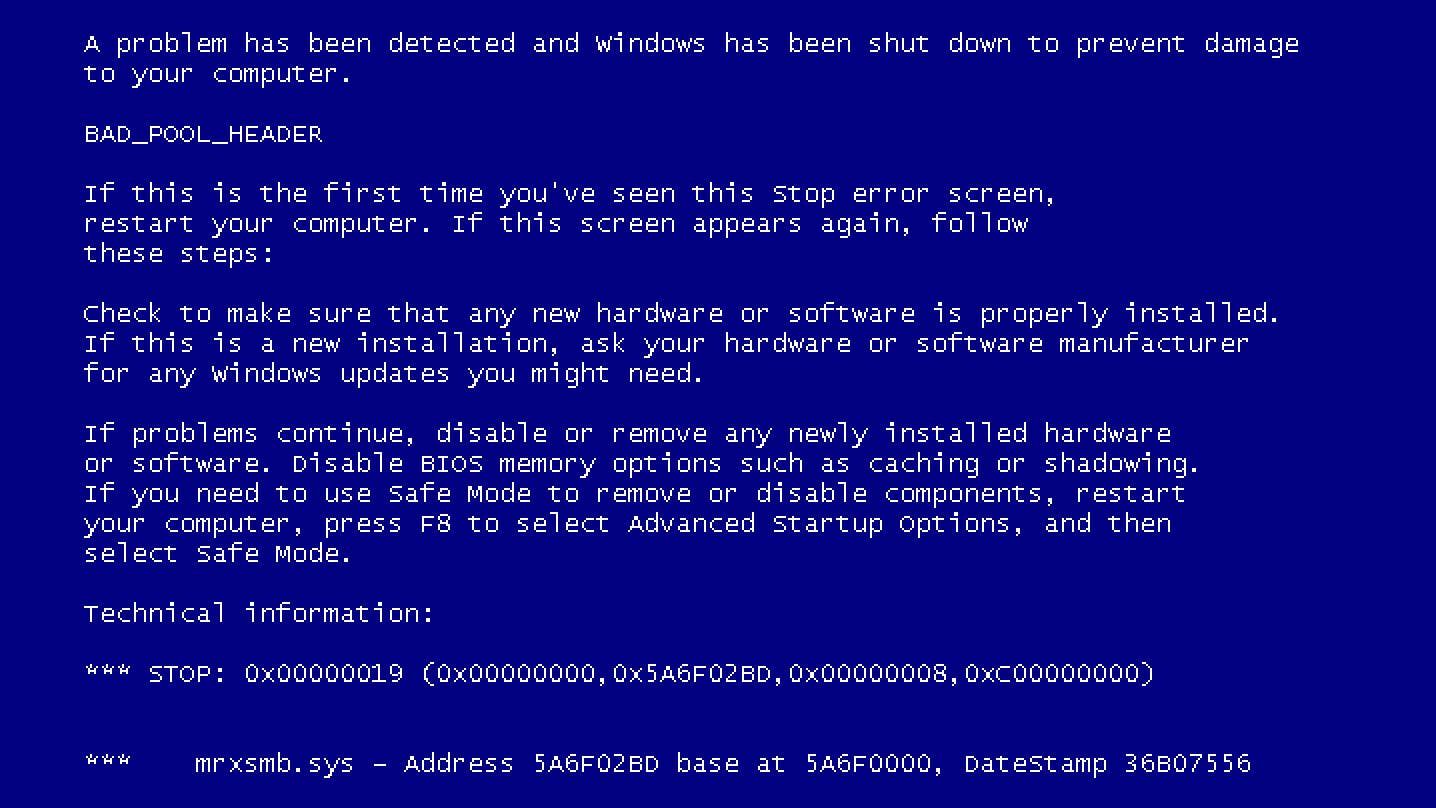How to Fix SQL Search Queries with Wildcards in PHP
In this article, we'll explore how to effectively use wildcards in SQL queries, specifically focusing on creating a search box in PHP that accepts multiple parameters. If your SQL search box is not returning results as expected when using the LIKE wildcard, you might not be formatting your SQL query properly. Here, we'll break down your PHP function and provide a solution for implementing wildcards correctly. Introduction to SQL Wildcards Wildcards are essential in SQL when you want to match a specific pattern. In a search functionality like yours, combining them with parameters provides users with a flexible way to search for items, such as products. Issue Breakdown From your code, it looks like you are trying to search ads with a specific Category, College_id, and a textstring that could match any part of the AdTitle. However, the query you are using does not integrate the wildcard % correctly for the AdTitle field. The issue is that the LIKE operator is absent in your SQL statement, which is why the wildcard match isn't working. Correcting the SQL Query To integrate the wildcard properly, you need to modify your SQL statement to include the LIKE operator. Here’s a step-by-step guide to fix this issue: Step 1: Modify the SQL Statement Change your SQL string to use LIKE for the AdTitle field. Your revised code should look like this: public function search($textstring, $category, $college, $limit, $offset) { $sql = "SELECT * FROM ads WHERE Category = ? AND College_id = ? AND AdTitle LIKE ?"; $query = $this->db->limit($limit, $offset) ->query($sql, array($category, $college, '%' . $textstring . '%')); echo ""; print_r($query); print_r($textstring); echo ""; return $query->result_array(); } Step 2: Understand the Changes In the modified SQL statement: The AdTitle is now checked with LIKE, which allows the SQL engine to perform pattern matching using the wildcards. The argument passed for AdTitle is the textstring surrounded by %, which serves as a wildcard for any characters before or after the searched term. Step 3: Execute and Test After making the above modifications, test your search function by providing different values for textstring, category, and college. If the database contains corresponding results, the query should now return the expected products. Additional Tips Ensure that $limit and $offset are set correctly; otherwise, you may not see results if you're paginating your data. For better performance, consider indexing the AdTitle column, especially if your data set is large. Be cautious with user input to prevent SQL injection; using prepared statements as you are is a good practice. Frequently Asked Questions Q1: What is SQL Injection? SQL injection is a code injection technique that attackers use to exploit SQL databases by manipulating queries. Always use prepared statements to combat this vulnerability. Q2: What are wildcards in SQL? Wildcards are special characters that allow you to match patterns in your SQL queries. Commonly used wildcards include % for zero or more characters and _ for a single character. Q3: How to troubleshoot SQL queries that aren't returning results? Check your SQL syntax, verify that your parameters are being passed correctly, and ensure that the data exists in the database matching your query conditions.

In this article, we'll explore how to effectively use wildcards in SQL queries, specifically focusing on creating a search box in PHP that accepts multiple parameters. If your SQL search box is not returning results as expected when using the LIKE wildcard, you might not be formatting your SQL query properly. Here, we'll break down your PHP function and provide a solution for implementing wildcards correctly.
Introduction to SQL Wildcards
Wildcards are essential in SQL when you want to match a specific pattern. In a search functionality like yours, combining them with parameters provides users with a flexible way to search for items, such as products.
Issue Breakdown
From your code, it looks like you are trying to search ads with a specific Category, College_id, and a textstring that could match any part of the AdTitle. However, the query you are using does not integrate the wildcard % correctly for the AdTitle field. The issue is that the LIKE operator is absent in your SQL statement, which is why the wildcard match isn't working.
Correcting the SQL Query
To integrate the wildcard properly, you need to modify your SQL statement to include the LIKE operator. Here’s a step-by-step guide to fix this issue:
Step 1: Modify the SQL Statement
Change your SQL string to use LIKE for the AdTitle field. Your revised code should look like this:
public function search($textstring, $category, $college, $limit, $offset)
{
$sql = "SELECT * FROM ads WHERE Category = ? AND College_id = ? AND AdTitle LIKE ?";
$query = $this->db->limit($limit, $offset)
->query($sql, array($category, $college, '%' . $textstring . '%'));
echo "";
print_r($query);
print_r($textstring);
echo "";
return $query->result_array();
}
Step 2: Understand the Changes
In the modified SQL statement:
- The
AdTitleis now checked withLIKE, which allows the SQL engine to perform pattern matching using the wildcards. - The argument passed for
AdTitleis thetextstringsurrounded by%, which serves as a wildcard for any characters before or after the searched term.
Step 3: Execute and Test
After making the above modifications, test your search function by providing different values for textstring, category, and college. If the database contains corresponding results, the query should now return the expected products.
Additional Tips
- Ensure that
$limitand$offsetare set correctly; otherwise, you may not see results if you're paginating your data. - For better performance, consider indexing the
AdTitlecolumn, especially if your data set is large. - Be cautious with user input to prevent SQL injection; using prepared statements as you are is a good practice.
Frequently Asked Questions
Q1: What is SQL Injection?
SQL injection is a code injection technique that attackers use to exploit SQL databases by manipulating queries. Always use prepared statements to combat this vulnerability.
Q2: What are wildcards in SQL?
Wildcards are special characters that allow you to match patterns in your SQL queries. Commonly used wildcards include % for zero or more characters and _ for a single character.
Q3: How to troubleshoot SQL queries that aren't returning results?
Check your SQL syntax, verify that your parameters are being passed correctly, and ensure that the data exists in the database matching your query conditions.














































































































































































![[The AI Show Episode 156]: AI Answers - Data Privacy, AI Roadmaps, Regulated Industries, Selling AI to the C-Suite & Change Management](https://www.marketingaiinstitute.com/hubfs/ep%20156%20cover.png)
![[The AI Show Episode 155]: The New Jobs AI Will Create, Amazon CEO: AI Will Cut Jobs, Your Brain on ChatGPT, Possible OpenAI-Microsoft Breakup & Veo 3 IP Issues](https://www.marketingaiinstitute.com/hubfs/ep%20155%20cover.png)












































































































































































































































.jpg?width=1920&height=1920&fit=bounds&quality=70&format=jpg&auto=webp#)

























_Michael_Burrell_Alamy.jpg?width=1280&auto=webp&quality=80&disable=upscale#)

























































































































































































